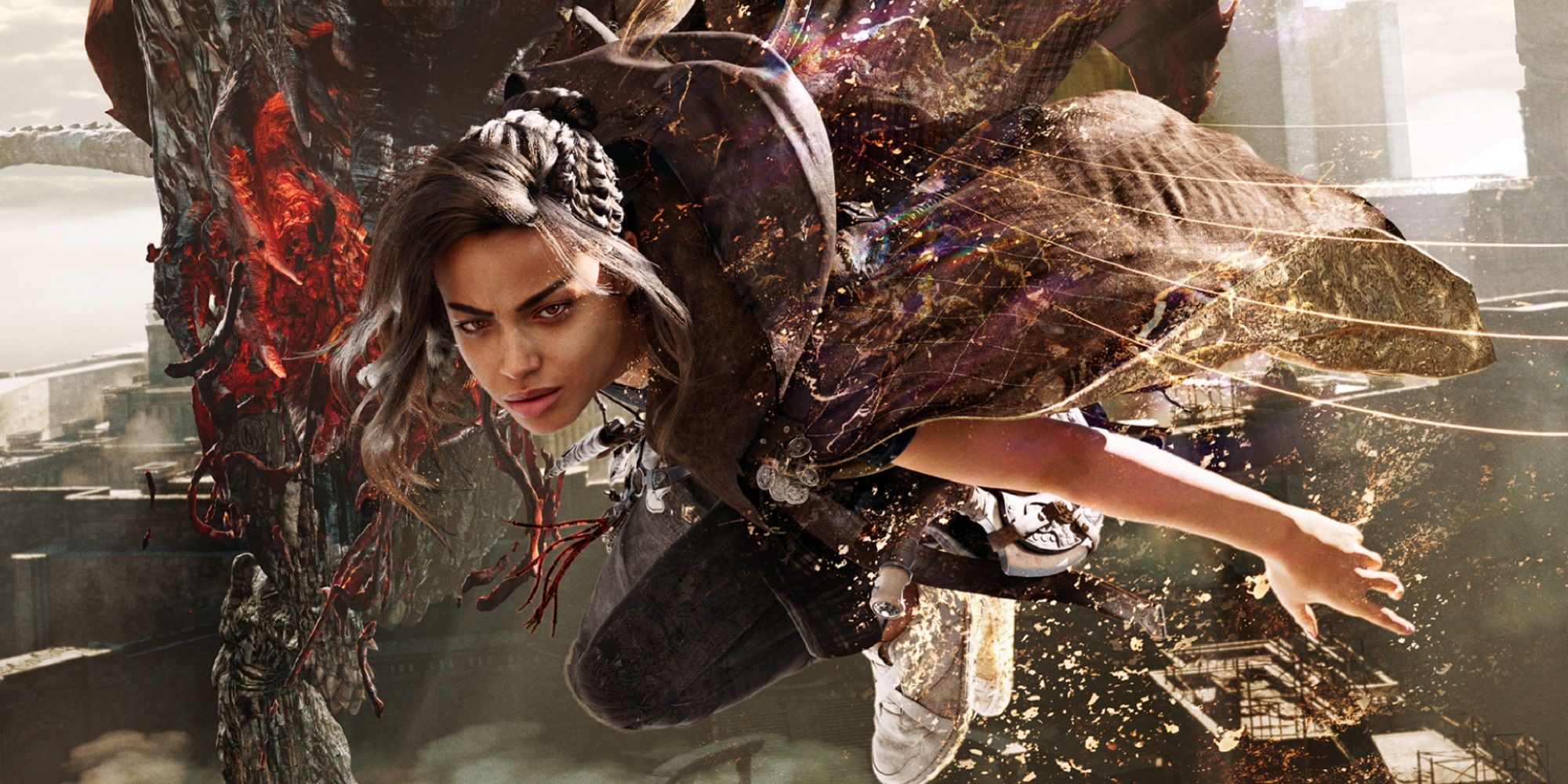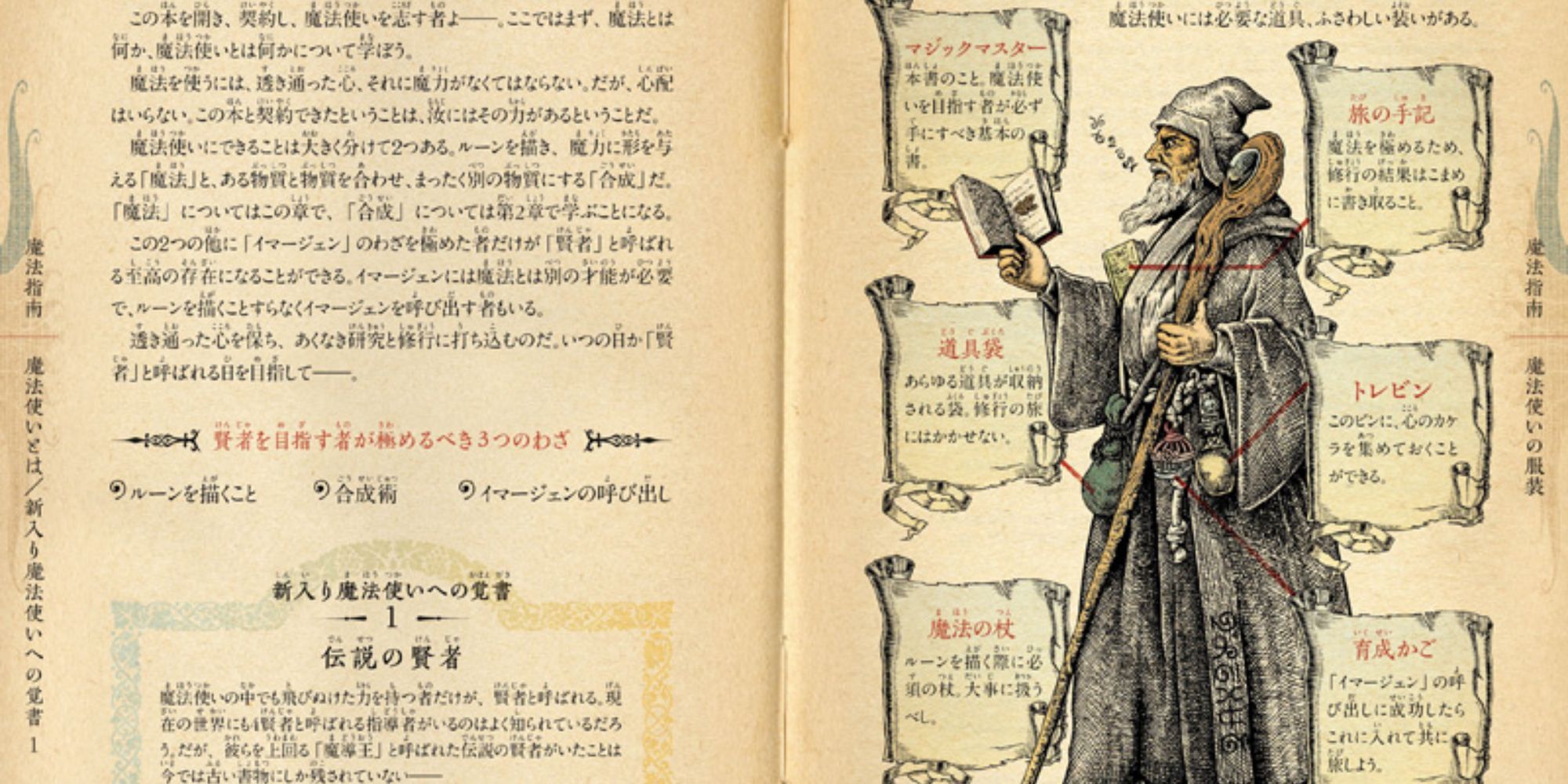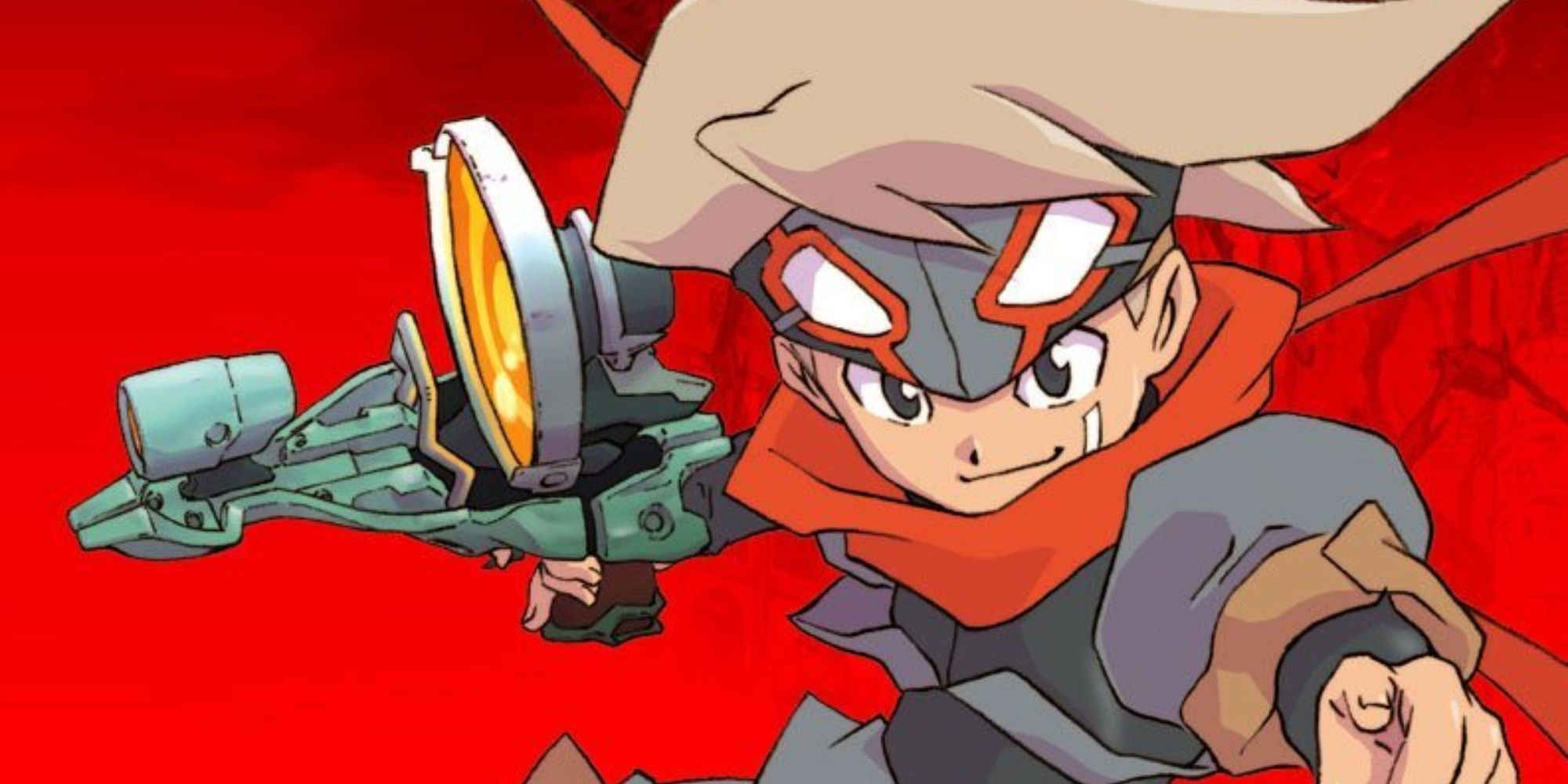Highlights
- The term “JRPG” has been misused and used derogatorily, causing Japanese developers to feel insulted.
- Bayonetta creator Hideki Kamiya believes it reflects RPGs with a unique Japanese viewpoint.
- Many modern JRPGs lack the unique perspectives and pride that defined the genre in the past.
Man, I haven’t seen the Internet question itself about the use of a certain word since the “one-eyed monster” thing in Xenoblade 2, but yeah, the misuse of the term “JRPG” has gotten out of hand lately. I understand where Yoshi-P—the one who started the discussion in his interview with Skill Up—is coming from. JRPG has been and still is a discriminatory term on Internet forums, and I’ve seen it thrown around derogatorily many times to refer to those ‘quirky weird alien games that aren’t Diablo or Baldur’s Gate’ …. and that’s putting it mildly.
Yoshi-P is not making things up when he says that Japanese developers used to take it as an insult. Even I as a third-world outsider feel the same when I talk to some Western RPG fans about it online. But apparently, Bayonetta creator Hideki Kamiya feels differently and sees the term JRPG as a source of pride and distinction. “I have a positive sentiment when it comes to the term JRPG. Indeed, I think it’s something that we should be proud of,” says Kamiya in his latest interview with Video Games Chronicle.
From Kamiya’s perspective, JRPG is a term that reflects RPGs with a “unique Japanese viewpoint,” and he defines JRPGs as games that “in a sense, only Japanese creators can make with their unique sensitivity when it comes to creating these experiences,” so he can only feel proud of the term. I don’t want to get into whose use the term is better, nor do I have any interest in exploring the more morally correct stance on the subject, as each side reserves the right to feel what they feel. But given the state of JRPGs today, I can’t help but feel as if Kamiya is on to something, and I wonder if this reluctance to accept the JRPG label is causing this ‘uniquely Japanese viewpoint’ to recede from the forefront of Japanese game development.
By the state of JRPGs, I mean games that are far removed from the unique perspective and pride that permeated the era Yoshi-P is talking about. Games like Final Fantasy 16 and Forspoken don’t even look remotely Japanese. And when you actually pick up the controller and play one of them, you begin to feel like you’ve been through the same gameplay loop as many other games this generation: Tales Of Arise, Scarlet Nexus, Nier Automata, Valkyrie Elysium, YS 8 and 9; they’re all essentially the same action game with different spices and aesthetic fluff. I don’t mean to belittle the effort that went into each and every one of these games; I can’t help but feel that they don’t offer as much “unique perspectives” as the words “unique” and “perspectives” imply, nor do they feel that different from games like Control or Uncharted or anything you can find outside of Japan.
And please spare me the talk about how mechanically unique they are on the inside and discuss skill trees and advanced combos, because that just proves my point even more. JRPGs used to be more unique, and they weren’t just about the gymnastics you could do with the Square button. The Western influences and turn-based template didn’t stop Shadow Hearts from having one of the most unique gameplay systems on the market. Ni no Kuni shipped with a physical magic book when it came out and forced you to carry it around in your playthrough just like main character Oliver. Boktai: The Sun Is in Your Hand literally forced you to touch grass to charge the sun’s rays into your GBA and play, Lost Odyssey prevented your characters from dying so that you could feel the pain of immortality, and Kingdom Hearts managed to stay so inventive and ‘weird’ with every entry that it becomes harder to group it under the ‘modern-day action fad’ as the others.
Every game offered a unique, once-in-a-lifetime experience. When I look at those games, I feel like, yeah, Japan Banzai! Please never change. Stay genuine and keep giving me more unique experiences that I can’t get anywhere else!
Or at least I used to think so. I could only stare in awe when I saw how Zelda drew so much inspiration from Kyoto to create its world; such unparalleled pride and attachment to one’s own culture and heritage, but only a few JRPGs or even games these days feel so dominated by their own personality in the same way. It’s even worse when you see how Baldur’s Gate 3 is selling like hotcakes despite being a turn-based game, yet half the JRPGs out there are running away from that specific gameplay system, and that’s just the tip of the iceberg for a lot of things they’re letting go of these days.
I still look at modern JRPGs with fondness and respect, but I wouldn’t say with the same anticipation as in the past, because they don’t feel as ‘unique’ and ‘proud’ of their own individuality as they were back then. Of course, there’s nothing stopping Japanese developers from making what they want the way they want and still embrace it with pride. And I’m also aware that a lot of Japanese developers don’t describe their games as JRPGs, but the positive implications that led to the creation of that term were heavily rooted in many unique experiences that could only be found in this genre, and it wasn’t just a term to fit them into some sort of imaginary box.
I wish more Japanese developers would take pride in the culture they helped to build and go back to creating those amazing and unique experiences instead of just making action simulator number 90XX. Because nowadays, I can’t help but feel that JRPG developers, save for a few stragglers like Octopath Traveler and Persona, are starting to lose what Kamiya speaks about as pride in the JRPG genre and faith in what even made it tick in the first place.
[ad_2]







